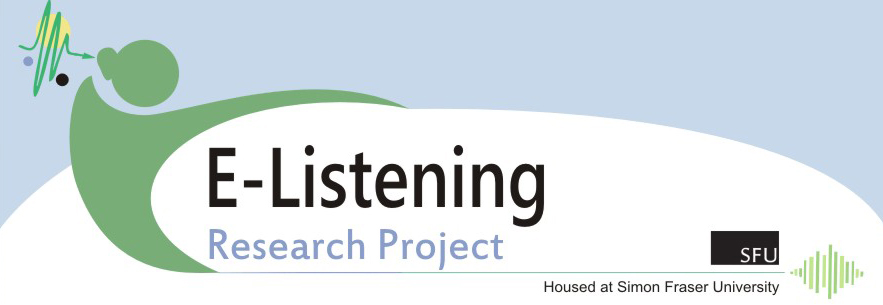Current Areas of Investigation
Learning Analytics
Learning analytics is concerned with the collection and analysis of data traces to inform and improve the process of learning. This work support students in contributing to discussions and attending to the messages of others through analytics about their activity embedded in the learning environment and extracted from it. A pedagogical model based on the principles of integration, diversity, agency, reflection, and dialogue frames the intervention.
Temporal Microanalytic Case Studies
Learning through discussions is a process that occurs over time. Our analysis takes this temporality into account by examining discussion processes in detail to trace discreet trajectories of individual and group discussions activity over time. The technique of developing temporal microanlytic case studies has been used to identify particular typologies of individual temporal behaviors.
Connecting Levels of Analysis
Learning in online discussions can be considered on two interrelated levels: that of the individual and that of the group. The temporal microanalytic case study method has been expanded to multiple levels, using log-file data and post contents to trace the co-evolution of the individual and collective trajectories of student participation and ideas over time.
Linking Listening and Speaking Behaviors
We are testing theorectically-predicted relationships between online listening and speaking by linking the listening dimensions of breath, depth, temporal contiguity and revisitation with specific elements of post quality including discursiveness, argumentation, and reflectivity.
Previous Areas of Investigation
Interface Effects
A prototype visual interface for online discussions that depicts posts as a set of nodes connected to each other by links (based on the reply structure) has been designed to investigate how the discussion interface impacts online listening behaviors.
Click Stream Tracking
The detailed record of students’ actions in authentic online discussions allows for in-depth examination of listening behaviors through case studies and identification of patterns of behaviors across multiple students using cluster analysis.
Student Perspectives
Surveys and interviews provide a student perspective on how and why they making listening decisions in an online context. Other factors being investigated include experience with online discussions and student’s orientation towards particular goals for participation.
Future Areas of Investigation
Cultural Influences
Cultural differences of students can influence how they interact and listen in an online context. This research explores if and how cultural factors can explain some of the different listening behavioral patterns identified in our previous work.
